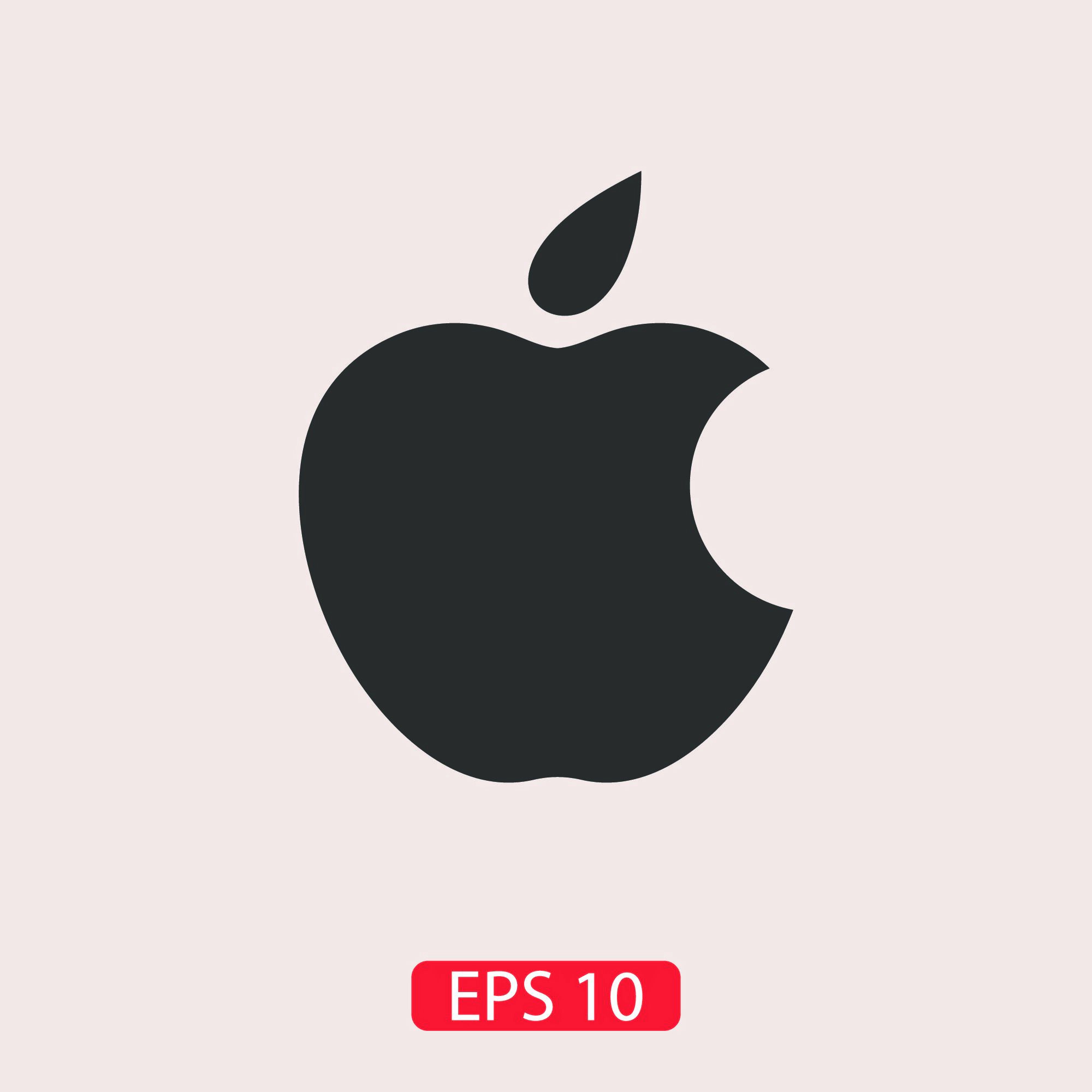
It should be noted that a private company can elect not to apply the VIE guidance, if certain conditions are met. However, the rules for capitalization of costs are not always clear and, in these instances, it is especially important to exercise best judgement and diligently document the accounting conclusion. To ensure the offline copy of our detailed guide is accessible to readers across the globe, EY will produce a downloadable PDF version of International GAAP® 2024 for offline use. Although the majority of the world uses IFRS standards, it is not part of the financial world in the U.S. Since much of the world uses the IFRS standard, a convergence to IFRS could benefit international corporations and investors alike. Katrina Ávila Munichiello is an experienced editor, writer, fact-checker, and proofreader with more than fourteen years of experience working with print and online publications.
Development costs

However, the FASB and the IASB continue to work together to issue similar regulations on certain topics as accounting issues arise. The International Accounting Standards Board (IASB) issues International Financial Reporting Standards (IFRS). These standards are used in approximately 168 jurisdictions, including those in the European Union (EU). GAAP also seeks to make non-profit and governmental entities more accountable by requiring them to clearly and honestly report their finances. Other influential organizations include the Government Finance Officer’s Association (GFOA), American Accounting Association, Institute of Management Accountants, and Financial Executives Institute.

Where Are Generally Accepted Accounting Principles (GAAP) Used?
Therefore, most companies and organizations in the U.S. comply with GAAP, even though it is not a legal requirement. Accounting information is not absolute or concrete, and standards are developed to minimize the negative effects of inconsistent data. Without these rules, comparing financial statements among companies would be extremely difficult, even within the same industry. This makes it easier for investors to analyze and extract useful information from the company’s financial statements, including trend data over a period of time.
Continuous Improvement Strategies for Modern Accounting
Emerging markets have also shown a growing inclination towards IFRS, viewing it as a gateway to attract foreign investment. Countries like Brazil, India, and China have either fully adopted IFRS or converged their local standards with it, aiming to align themselves with global financial practices. This shift not only facilitates easier access to international capital markets but also instills greater https://www.bookstime.com/ confidence among global investors. Revenue recognition is another area where these frameworks differ significantly. Under US GAAP, revenue recognition is governed by a multitude of specific rules tailored to various industries and transactions. IFRS, on the other hand, employs a more unified approach through its IFRS 15 standard, which outlines a five-step model applicable across all sectors.

- The IFRS Accounting Standards are developed by the International Accounting Standards Board (IASB).
- IFRS allows another model – the revaluation model – which is based on fair value on the date of evaluation, less any subsequent accumulated depreciation and impairment losses.
- Perhaps the most notable difference between GAAP and IFRS involves their treatment of inventory.
- Systems of accounting, or accounting standards, are guidelines and regulations issued by governing bodies.
- Chief officers of publicly traded companies and their independent auditors must certify that the financial statements and related notes were prepared in accordance with GAAP.
- GAAP is a set of detailed accounting guidelines and standards meant to ensure publicly traded U.S. companies are compiling and reporting clear and consistent financial information.
- This online publication presents International GAAP® 2024 in a user-friendly, easy to browse and search, digital format.
The IASB and FASB issued converged standards for accounting topics including Business combinations (2008), Consolidation (2011), Fair value measurement (2011), and Revenue recognition (2014). As of 2022, the convergence project is coming to an end and no new projects will be added is gaap used internationally to the agenda. GAAP pronouncements into roughly 90 accounting topics and displays all topics using a consistent structure. It also includes relevant Securities and Exchange Commission (SEC), guidance that follows the same topical structure in separate sections in the Codification.
International GAAP® 2023 – The global perspective on IFRS

GAAP vs. IFRS: An Overview

